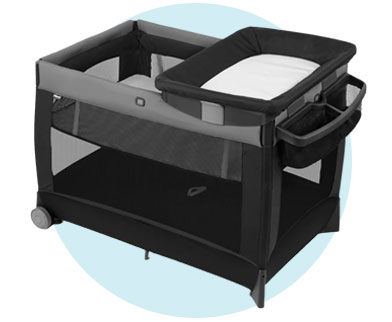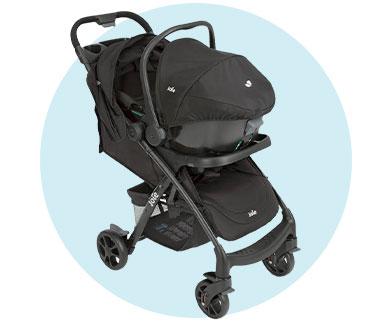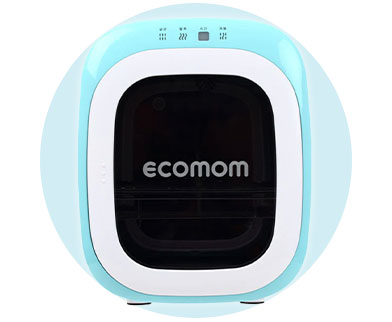

Give Your Baby a Lifetime Gift
Cord blood banking is a simple, safe, and powerful way to save precious stem cells from your baby’s umbilical cord — cells that could help treat serious illnesses in the future.
By submitting this form, I consent to the processing of my personal data by Cordlife and its related corporations (collectively "Cordlife Group") and agree to be contacted about their products/services and promotions/updates via calls/SMS/emails.
If you wish to withdraw/amend your consent to process your information, kindly send us an email at dpo.ph@cordlife.com.

 No. 1 Recommended by Filipino OBGYNs
No. 1 Recommended by Filipino OBGYNs Discount of up to ₱80,000 and Over ₱2 Million Free Transplant Care
Discount of up to ₱80,000 and Over ₱2 Million Free Transplant Care Insurance-backed transplant coverage
Insurance-backed transplant coverage
- Cord Blood Editorial Background and Fact Sheet. Cord Blood Association; December 2021. https://cord.memberclicks.net/assets/docs/Fact_Sheet.pdf. Accessed February 24, 2024
- Diseases treated page. Parent’s Guide to Cord Blood Foundation. http://parentsguidecordblood.org/diseases. Accessed February 24, 2024
- www.cordblood.com/newborn-stem-cells-101




Cordlife Philippines was officially launched in February 2010 as Philippines’ first and only cord blood processing and cryopreservation facility to better serve the cord blood banking needs of the local market.
The Group is committed to ensuring the health and well-being of both mother and child, amongst others. The ISO-certified and AABB-accredited facility was built in accordance to global gold standards such as the American Association of Blood Banks to give local families peace of mind.
Unit 104 Building H,
U.P.-AyalaLand Technohub,
Commonwealth Avenue Bgy. UP Campus, Diliman Quezon City,
1101 Philippines

